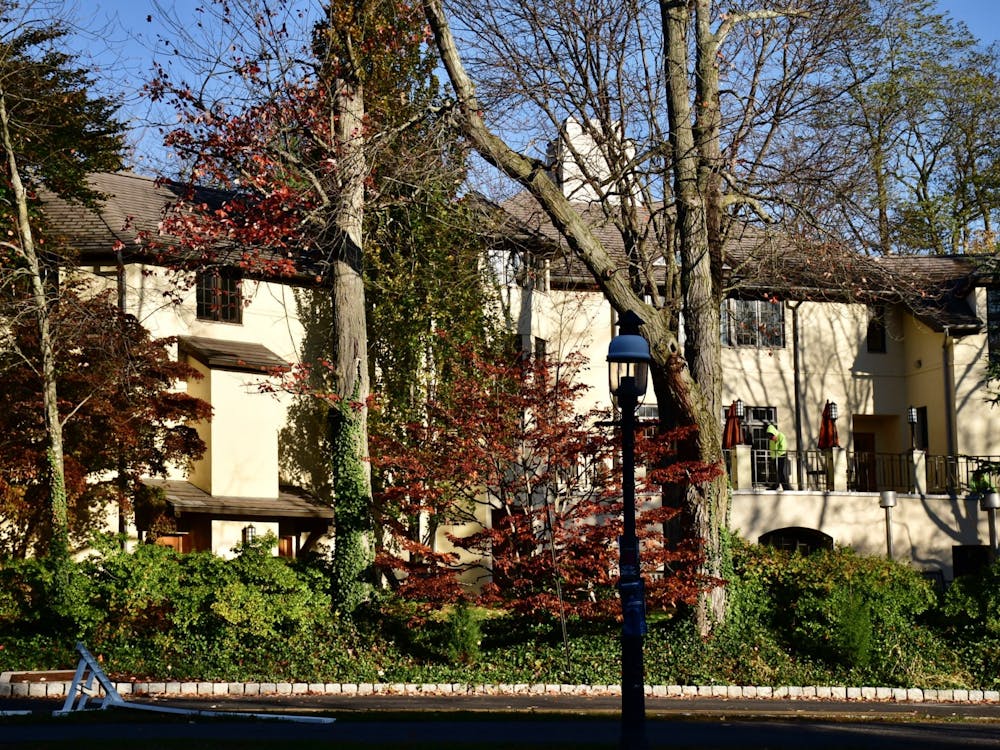New Jersey state law prohibits individuals under age 21 from drinking or possessing alcohol in public, and 43 arrests for alcohol possession were made last year, according to the Princeton Borough Police. The Princeton Alcohol and Drug Alliance announced in a meeting on Thursday that it will form a task force to review an ordinance that would prohibit underage drinking on private property. Among other implications, this new ordinance would enable Borough police officers to search the eating clubs, as long as they have probable cause. Underage drinkers would be fined but not obtain a criminal record. This ordinance has been adopted in all communities in Mercer County, aside from Princeton, East Windsor and Hightstown. While the Board sympathizes with the safety concerns of those supporting the ordinance, we believe that the proposed ordinance would actually exacerbate the safety concerns associated with underage drinking.
The incentive for this change in policy, we are told, is to discourage dangerous drinking on campus and “save lives.” One reason why the drinking age is 21 rather than 18 is to decrease the risks associated with drunk driving. But the Board is confident that drunk driving is not a paramount concern on our campus. Indeed, the vast majority of students walk from campus to Prospect Avenue, making drunk driving issues less relevant to the University. Instead of saving lives by preventing drunk driving or underage consumption of alcohol, the Board believes that this ordinance would shift consumption away from the Street and toward individual dorms and discourage students from calling for help when an intoxicated friend needs medical attention. Because this ordinance would stigmatize and sanction alcohol consumption, if passed, we believe that it would encourage students to consume more alcohol surreptitiously in their own dorm rooms. It is more difficult to monitor the dorms and intervene when needed on behalf of students who become ill. Accordingly, the ordinance would create additional risks associated with underage drinking. Furthermore, the presence of a sanction on underage drinking would undoubtedly discourage students from calling 911 when an intoxicated friend needs medical attention, thus further increasing the risks associated with underage consumption.
While Prospect Avenue may not provide the ideal model of a college environment, it does offer students a common destination with shared supports. Some clubs, for example, have enacted systems both to help discourage underage drinking and encourage safe drinking. Cottage, for example, distributes bracelets to students who are above the drinking age. Tiger Inn assigns a member to abstain from drinking and be on “safety patrol,” ensuring that sick students are taken to McCosh. While recognizing that underage drinking does take place on the street, the Board believes that the Street’s centralization benefits make it a relatively safe place for that consumption. As such, we are particularly concerned that the proposed ordinance may encourage students to restrict their consumption and socializing to their dorms.
Two additional considerations make the Street a relatively safe forum for underage consumption. Firstly, only beer, rather than hard alcohol, is served on the street. The lower alcohol content of beer serves to protect students from some of the dangers of over-consumption. Although the Board recognizes that a lot of unsafe drinking occurs in dorm rooms before students congregate at the Street, we believe that students would further increase their consumption of hard alcohol if their socializing were confined to dorm rooms. Secondly, Public Safety officers have a presence on the Street on most nights. Their presence, while certainly not a panacea, further makes the Street a relatively safe forum for alcohol consumption because they work to ensure that students who are dangerously intoxicated are taken to the appropriate medical authorities.
In summary, the Board agrees that underage drinking is a safety concern and that additional steps might be taken to protect students. But the ordinance that the task force is set to review in the coming days is not the correct way to address the risks associated with underage drinking.







